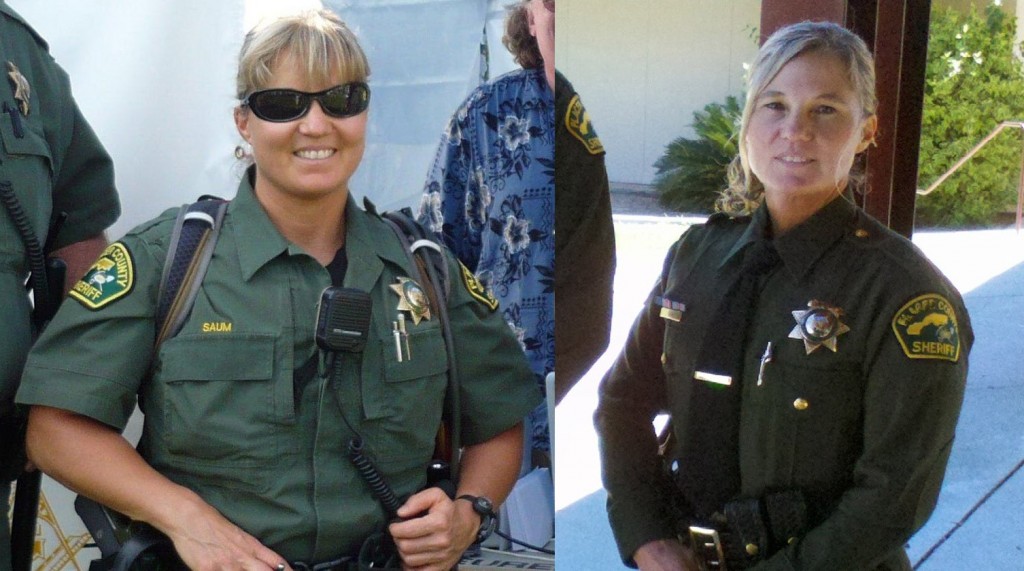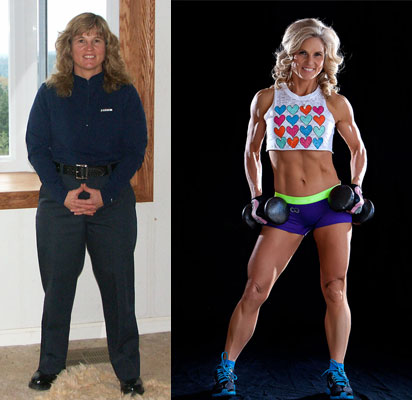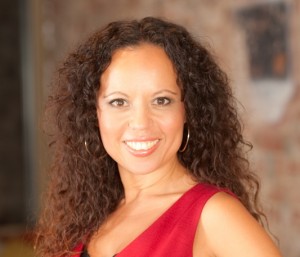Here’s the next episode of the UNCENSORED Podcasts Season 2.
Today’s topic: The Hierarchy of Diet and Fitness needs; Redefining the Fitness Pyramid
John and Brad discuss how to look at your health and fitness needs. Nutrition, supplements, ability to lose fat, ability to gain muscle, and ability to train are all interrelated. It all works together. Small things effect other things and then can escalate to hinder your goals.
Your own pyramid is unique. Your own inhibitors can be anywhere on your pyramid. Certain things are foundational:
- Keeping stress under control
- Awake and sleep cycles
- Fat loss, if needed
- Effort in the gym
- Ability to sleep
- Amount to eat (not too much, not too little)
- Injury
- Ability to recover from workouts
- Finding a good time to workout
People with sleep and stress out of control typically have trouble sticking with a diet and fitness program.
Each person is unique. Sometimes supplements or nutrition can address specific inhibitors.
The main thing is don’t worry or stress about things you have no control over. Change the things you can. Small things effect other things and then can escalate into bigger problems that hinder your goals.
I hope you enjoy listening to the discussion as much as I did.
-Ro
IMMERSION Clients May Login and Download Podcast Here
Not a Venus Index IMMERSION client? Click here to find out more… and hear a weird story too




 Does Mona Lisa Smile For You?
Does Mona Lisa Smile For You?









New Comments